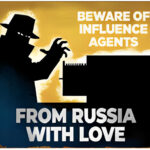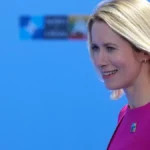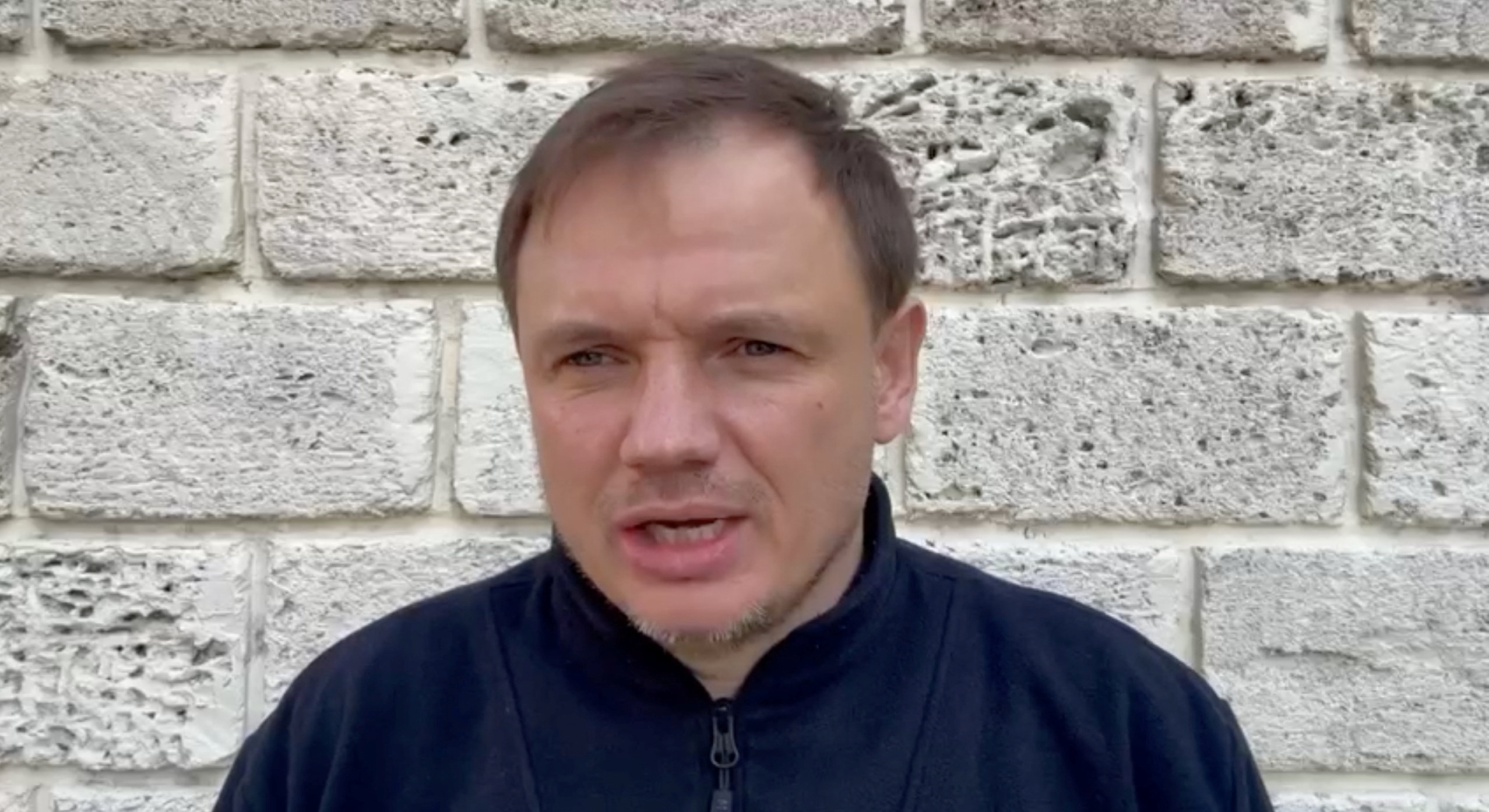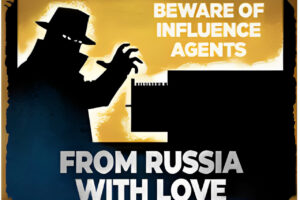Kirill Stremousov was in the mood for a chat.
A political marginal on the fringes of society just six months earlier, he was clearly relishing the newfound attention he was receiving as the public face of Russia’s occupation of Ukraine’s Kherson region.
“I am on a constant high,” the Moscow-installed official told the Guardian in a phone interview in August. “We have won. I am living in a dream. Russia is in Kherson for ever.”
That “for ever” ended abruptly on Wednesday, when Stremousov, 45, was killed in a car crash as he was speeding away from Kherson.
By that time, he was already fully aware that his dream of a Russian Kherson would soon be torn apart as Ukrainian troops were closing in to liberate the city.
On Friday evening, in remarkable scenes, crowds of jubilant residents greeted Ukraine’s armed forces as they reached the centre of Kherson.
Stremousov’s rise and fall is a story of how one man’s ruthless opportunism and ideological fantasies can play out in a war-torn country.
It also serves to demonstrate how thuggish and unsavoury characters thrive in Russia today as the country’s leadership embraces anti-western hysteria.

Born in eastern Ukraine in 1976, Stremousov worked odd jobs growing up, claiming to sell bloodhounds to the UK and the Netherlands, while later working for the state fisheries inspectorate.
His life transformed, he said, after what he described as an “epic journey in search of himself” on a motorbike across Latin America, following the footsteps of his hero, Ernesto Che Guevara.
“I always wanted to be someone, like Che. I am getting there,” he said.
On his return, he started blogging profusely, propagandising some of the many conspiracy theories that had sprung up in the post-Soviet sphere as millions sought ways to cope with the collapse of the bloc and extreme economic instability.
He was particularly fond of the neo-Stalinist and neo-pagan movement Conception of Social Security, a conspiracy theory with strong antisemitic undertones, just one of the many contradictions of a man who claimed to be fighting “Ukrainian Nazis”.
Much of the interview with the Guardian in August consisted of him rambling about the Nazis he said were running Ukraine while also bashing “western perverted liberalism”.
At times, however, Stremousov would suddenly change his tone, speaking with envy and admiration of the European capitals he visited during his travels.
“I would like to see those special coffee shops in Amsterdam again,” he laughed.
As Covid came, Stremousov unsurprisingly became a loud anti-vaxxer.
In the meantime, he also went viral after a video of him swinging his young daughter around his head like a rag doll, causing her “bones to pop”, was picked up by tabloids around the world.
Running for mayor in Kherson in 2020, Stremousov received just over 1% of the vote. He would probably have spent his life as a petty troublemaker if not for Putin’s decision to invade Ukraine, which gave the misfit blogger a chance to fulfil his darkest daydreams.
With much of the Kherson Ukrainian administration gone or refusing to serve the Russians, Moscow turned to figures such as Stremousov to try to give an appearance of legitimacy to their occupation, appointing him as “deputy governor” of the region in April.
On paper, he was second in command, but he quickly outshone his timid boss, Volodymyr Saldo, by pumping out a daily stream of aggressive anti-Ukrainian videos which often bordered on the absurd.
Stremousov’s ascent reached its pinnacle in September when he proudly paraded around the Kremlin’s St George Hall during Putin’s bombastic ceremony marking the annexation of Kherson and three other Ukrainian regions.
Putin’s willingness to promote marginal figures such as Stremousov was a symbol of the latest stage of his two-decade rule, said Andrei Pertsev, a Russian political journalist.
“Putin’s vocabulary and demeanour are becoming more and more thuggish,” Pertsev wrote in a recent piece for the Carnegie Endowment thinktank. “The president himself is embracing the edges of society,” Pertsev added.
During Putin’s annexation speech in the Kremlin, he, together with the Russian politician elite, held a minute of silence to honour “the fallen heroes” of Russia’s first invasion of Ukraine in 2014. One of the people remembered was Motorola, real name Arseny Pavlov, a violent warlord who died in a car bomb in 2016.
With the war in Ukraine, Putin has also elevated Ramzan Kadyrov, the ruthless Chechen dictator, and Yevgeniy Prigozhin, the ex-convict who runs the private paramilitary group Wagner.
Some within the elites now appear to be closely watching Putin’s behaviour.
An associate of Sergei Kiriyenko, a once liberal-minded presidential administration figure who was tasked with managing politics in the occupied territories, said his decision to suddenly dress in military fatigues was probably inspired by the regime’s growing militarism.
“In the time of the freaks, you have to dress up as one too,” he said.
In the end, Stremousov might have stepped too far out of line.
As his public profile grew, so did his confidence. Lambasting Russian military defeat in the Kharkiv region, he publicly suggested in one of his daily videos that the country’s defence minister, Sergei Shoigu – a close friend of Putin – should shoot himself.
“Indeed, many say, if they were a defence minister who had allowed such a state of affairs, they could, as officers, have shot themselves,” he said.
His murky death, whether indeed a genuine accident or the result of a Russian security services plan to get rid of an inconvenient loudmouth no longer useful to the authorities, will likely remain a mystery for the foreseeable future
As crowds of ecstatic Ukrainians gathered on the main square of the newly liberated Kherson on Friday, it was clear, however, that Stremousov’s vision of a Russian city would be buried alongside him.
Source : The Guardian















